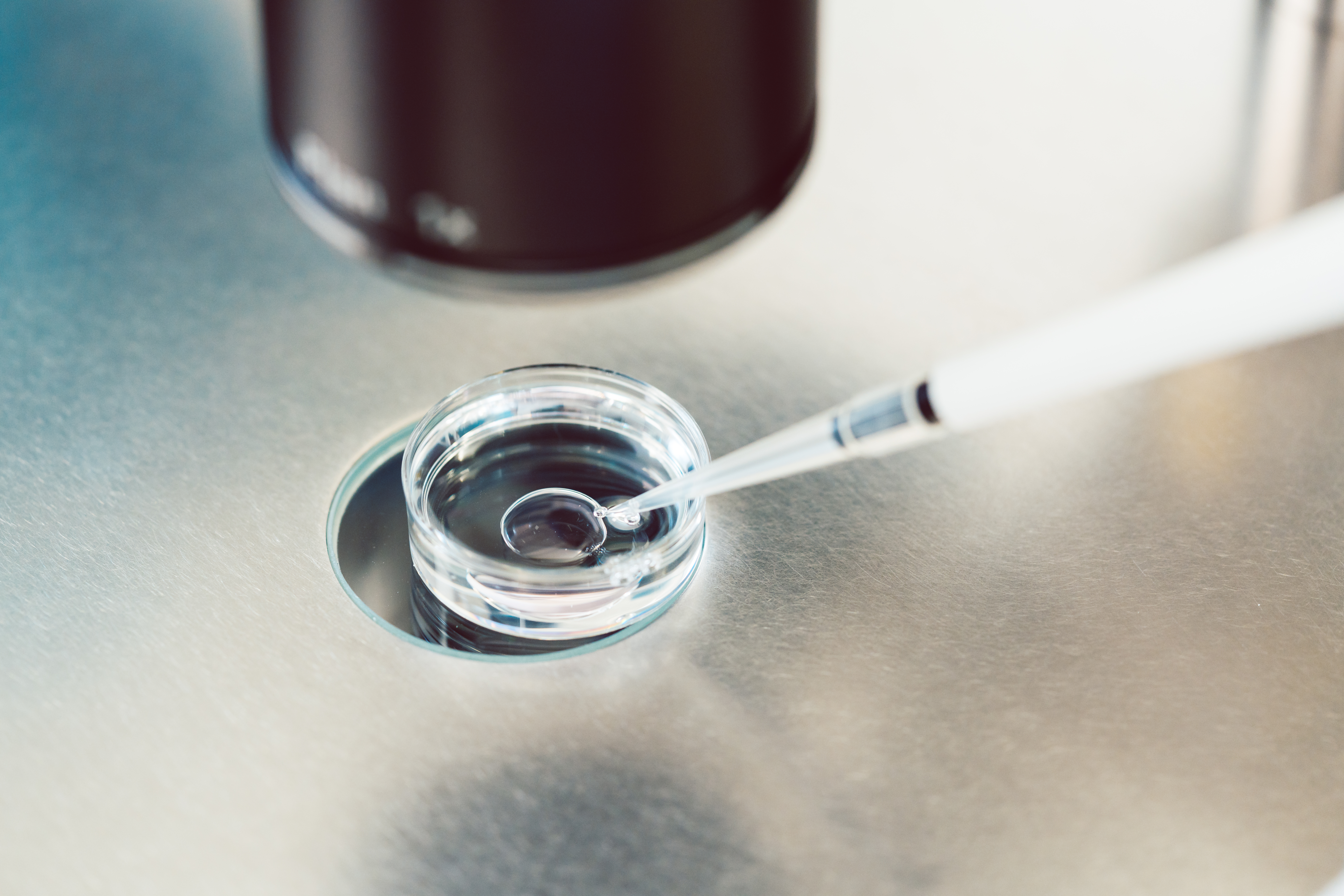The Alabama IVF ruling uses faux scientific language to justify a religious position
By David Sable,
STAT
| 02. 22. 2024
Imagine having 15 miscarriages.
Maybe you can shrug off the first one or two and keep trying to have children, to create a family. But soon every positive pregnancy test brings a sense of dread, of sad inevitability. Your body becomes your enemy.
In 1998, my group at Saint Barnabas Medical Center in suburban New Jersey was part of a team that developed a way to test for a genetic variant called a translocation, a swapping of parts of one chromosome with a different chromosome. For the most part, people with genetic translocations are completely fine; they have all of the same genes as anyone else. The problems arises when their cells have to split their chromosomes to make eggs or sperm, most of which have too much or little of some of the translocated genes. These unbalanced sperm and eggs create unbalanced embryos, which rarely develop past the second trimester.
By using fertility drugs to mature a number of eggs at once and fertilizing all of them, my colleagues and I were able to identify the small number of...
Related Articles
By Dana Mattioli, The Wall Street Journal | 04.15.2025
Image "Elon Musk" by Debbie Rowe on Wikimedia Commons
licensed under CC by S.A. 3.0
Ashley St. Clair wanted to prove that Elon Musk was the father of her newborn baby.
But to ask the billionaire to take a paternity...
By Emma McDonald Kennedy
| 04.24.2025
A Review of Eggonomics: The Global Market in Human Eggs and the Donors Who Supply Them by Diane M. Tober
A recent journalistic investigation of the global egg trade at Bloomberg put the industry’s unregulated practices and their exploitative implications back in the spotlight. Diane Tober’s book Eggonomics: The Global Market in Human Eggs and the Donors Who Supply Them, published in October of last year, delves even more deeply into the industry with a thorough examination of egg...
By Sarah Jones, Intelligencer | 04.17.2025
From the Natalism website
Elon Musk may not have appeared at the Natal Conference in Austin, Texas, this year, but he didn’t have to. The very concept of pronatalism owes its current prominence to him and his obsession with fertility...
By Staff [cites CGS' Katie Hasson], Radio New Zealand | 04.05.2025
At a time where some countries are struggling with low birth rates, the voices for pronatalism are getting louder. But it’s who’s sounding the call for more babies that has people talking.
Tech giant Elon Musk has fourteen children and...




